
By: Ole Theisinger, PhD
Reptile Research in Tanzania
Sometimes It’s the Little Things: Reptile Research in Tanzania
After an exciting semester at our Center for Wildlife Management Studies (CWMS) in Tanzania, it is time again for Directed Research. This semester, my students and I spent most of our fieldwork time in Yaeda Valley, a remote area away from the beaten tourist path but full of wildlife. This place is part of the REDD+ program which supports local communities for reducing deforestation and for sustainable use of natural resources. The valley is also home to one of the last hunter and gatherer tribes of Tanzania, the Hadzabe. After spending the previous weeks designing the studies, writing proposals and organizing our equipment, we were all well prepared. We packed our camping equipment and went off.
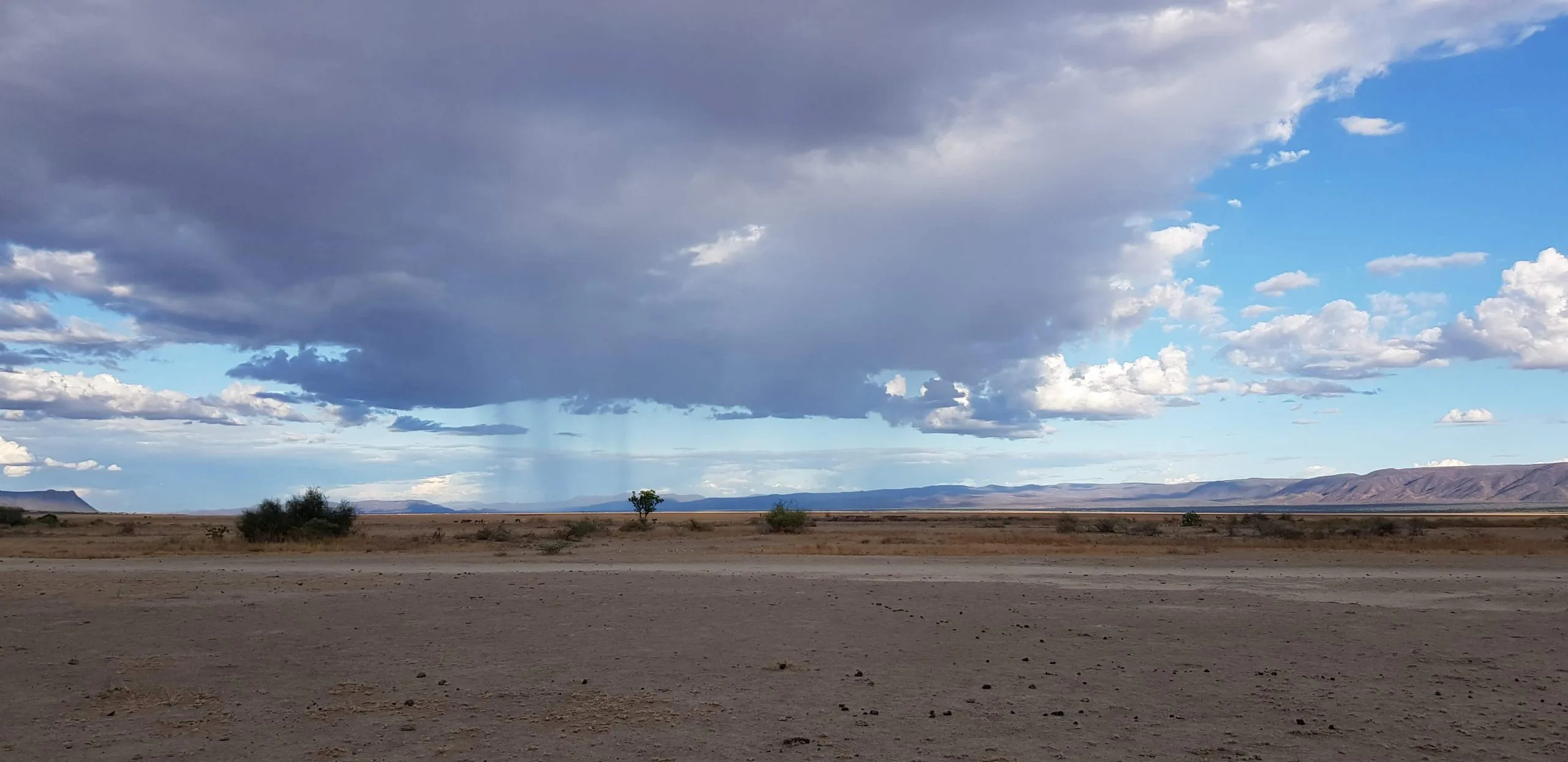
Yaeda Valley
In Yaeda Valley, we camped out in the bush close to our research sites to have as much time as possible searching for reptiles and amphibians. This fascinating group of animals has been largely neglected in research but they are eminent bio-indicators and new species are frequently discovered. Being the very first people investigating the herpetofauna of Yaeda was very exciting as we didn’t know what we were going to find. And the valley turned out to be full of surprises indeed: In addition to distribution range extensions for known species, we found three geckos that do not match any species described so far! Back in the office, we will have to find out whether they are just varieties of known species or possibly unknown to science yet. Either way, this is certainly a highlight for our field research in Yaeda Valley and clearly exceeds our expectations!
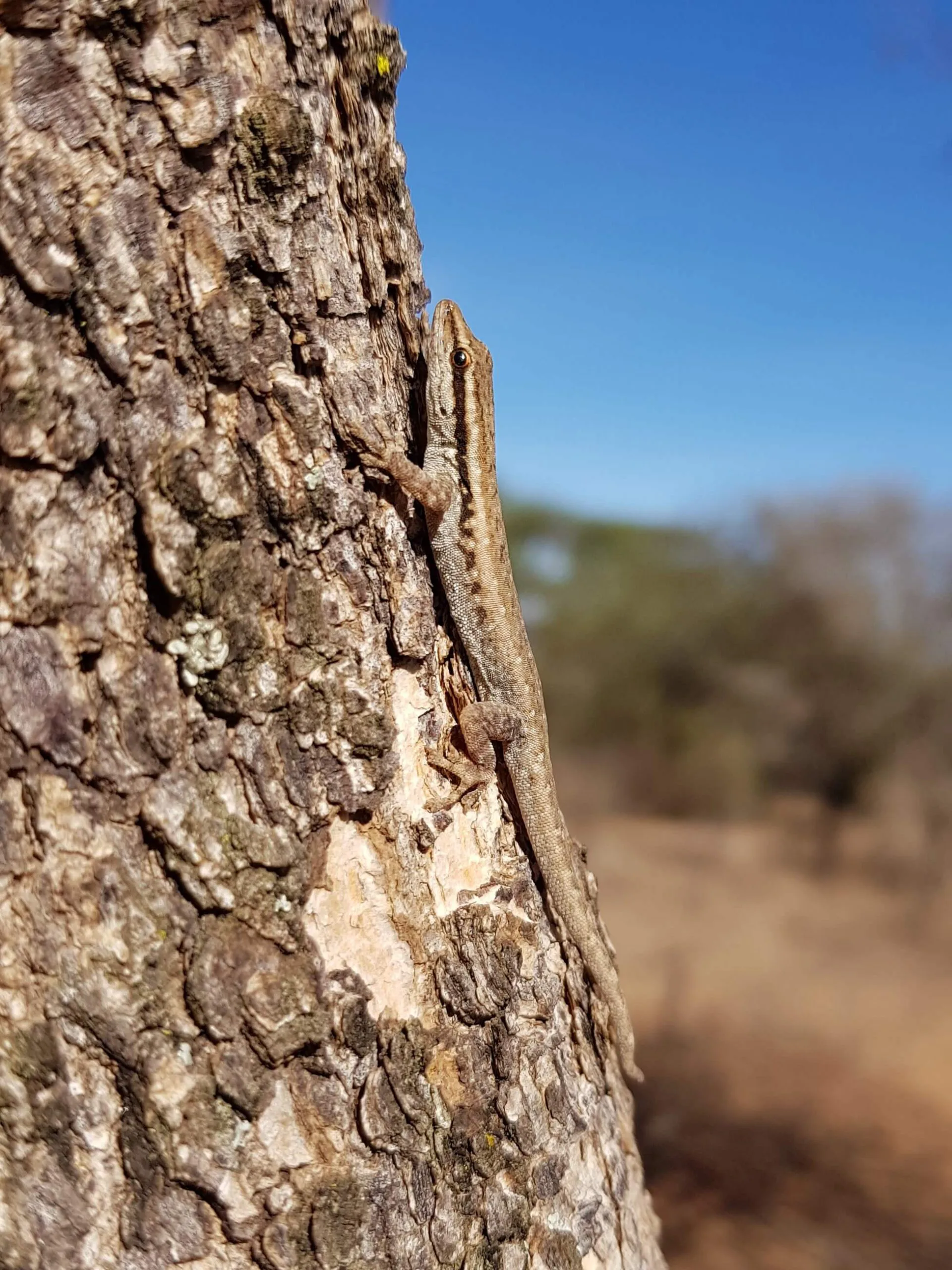
Dwarf gecko
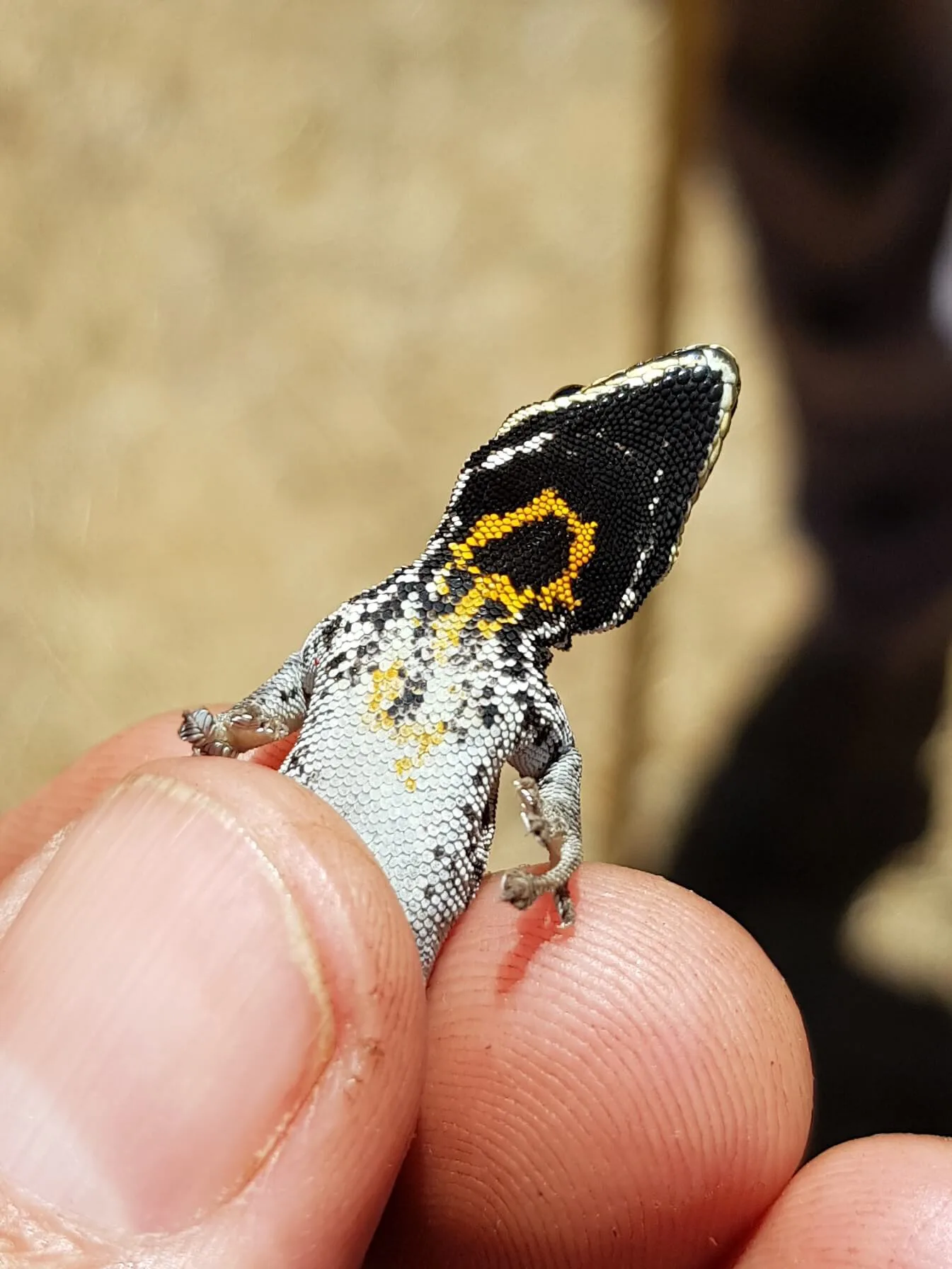
Potentially new dwarf gecko species
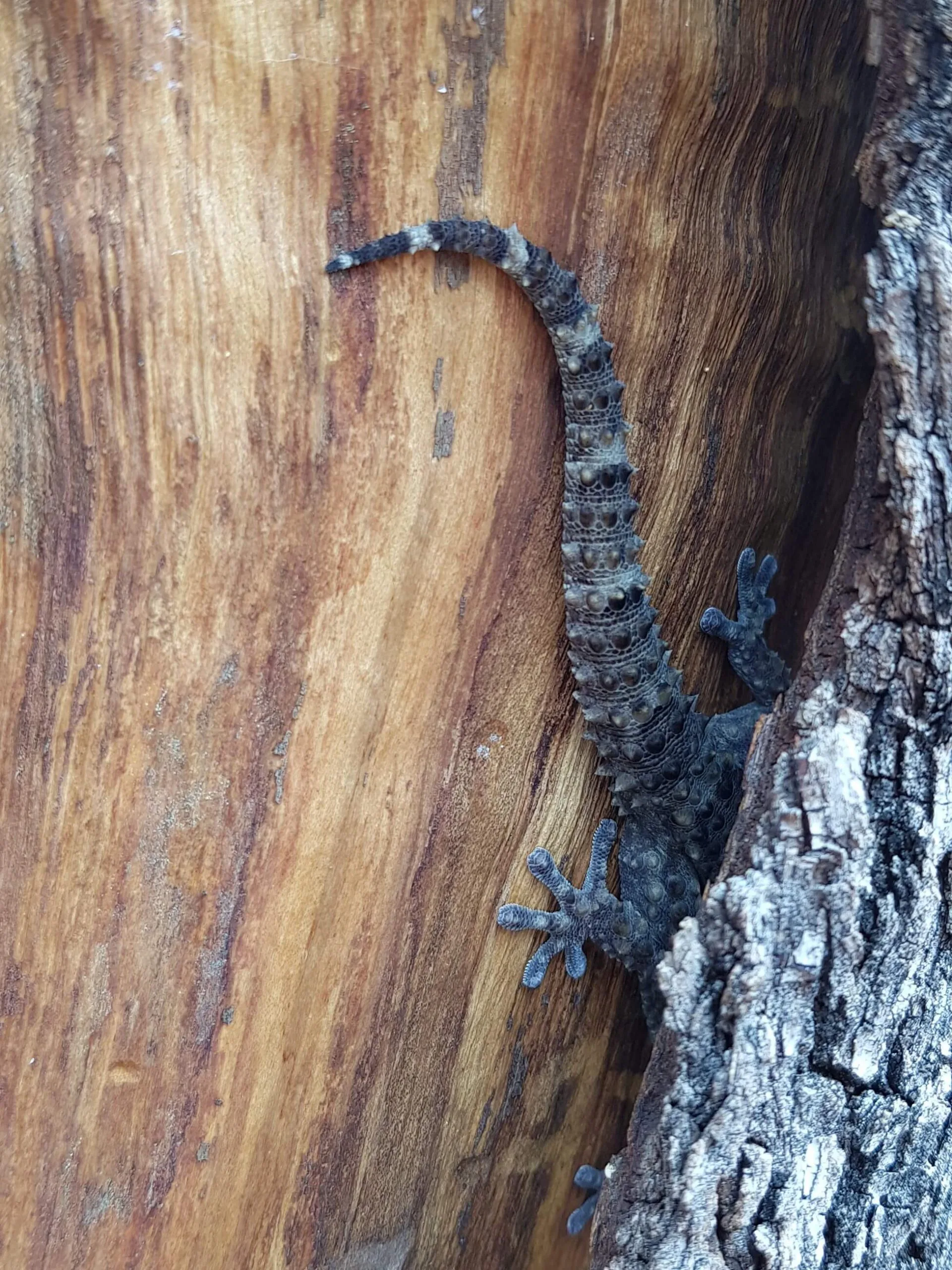
Gecko in hiding
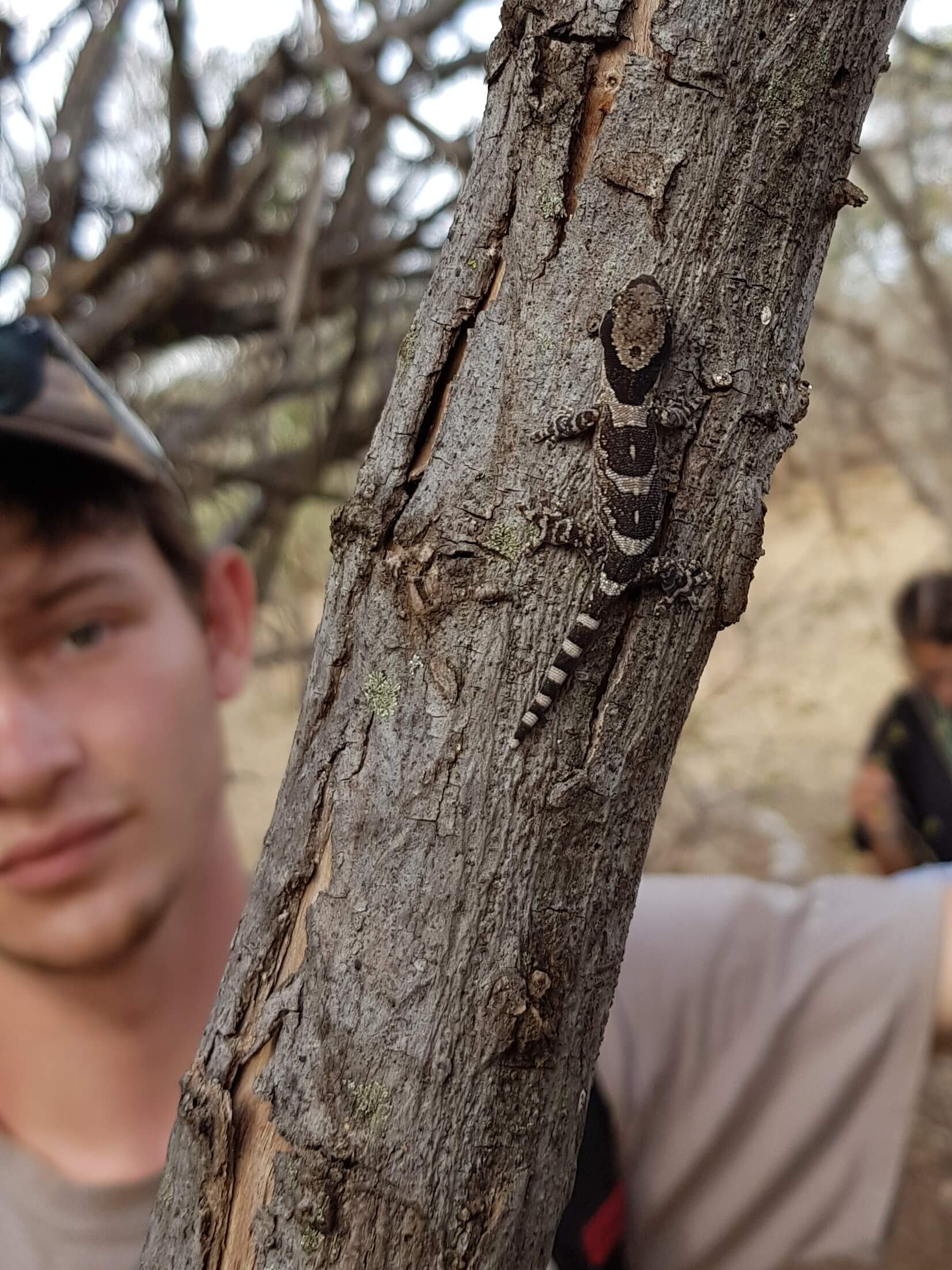
Banded velvet gecko
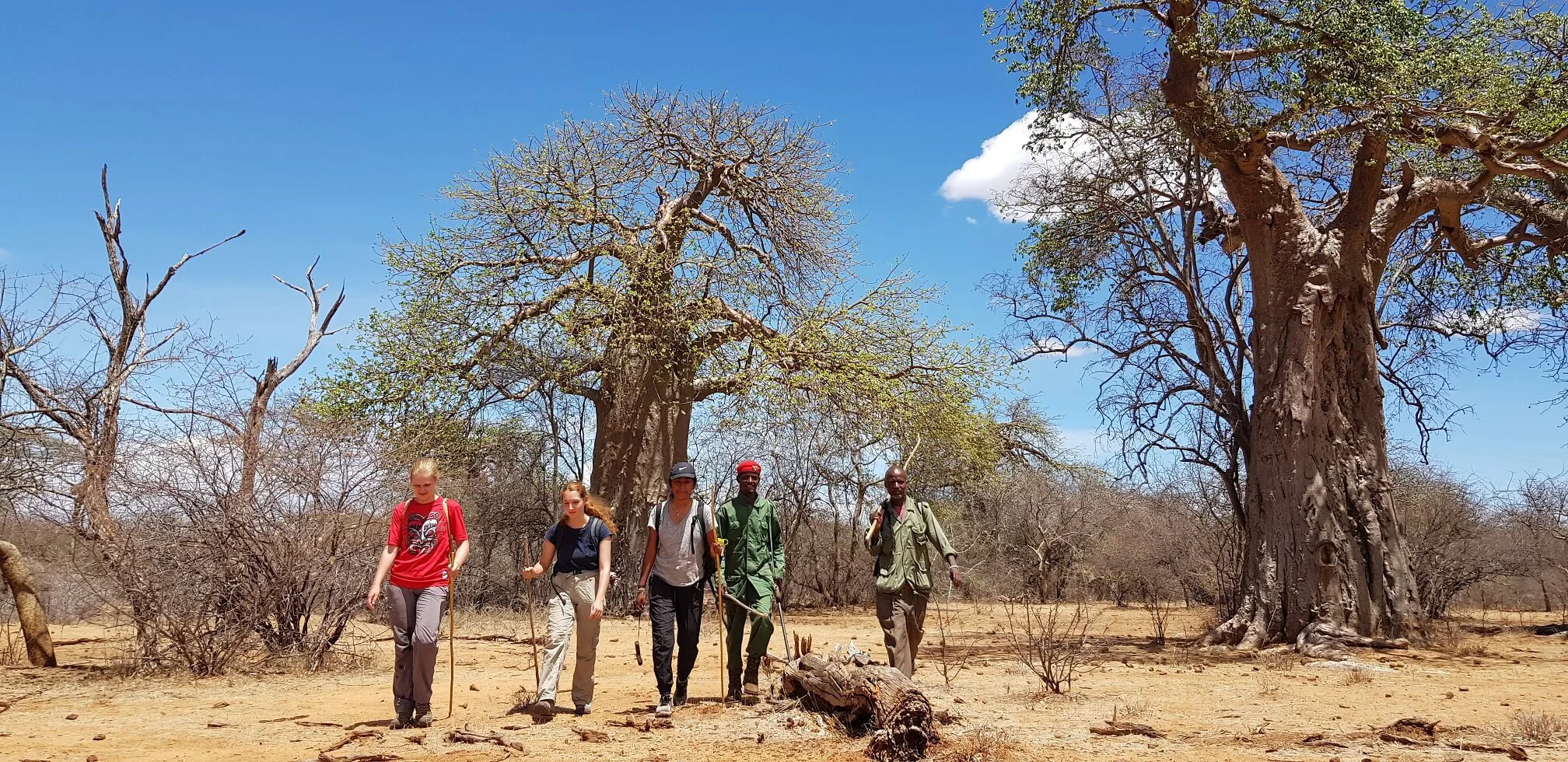
We are not only interested in the identification and distribution of species though, but also in the effect of human disturbance and habitat alterations on reptiles. Which species are affected by habitat degradation? Are some species collected for consumption or pet trade and does it have an effect on the population structure? These are only some of the questions that we are aiming to answer through our research. We spent long and exhausting but highly rewarding days in the field searching for reptiles, crawling through spiny bushes, checking traps and conducting interviews with the local communities to find out more about their attitude and consumptive use of reptiles. I am very lucky to have such a motivated team of students who were keen on getting up early to find reptiles basking in the first sunrays of the day!
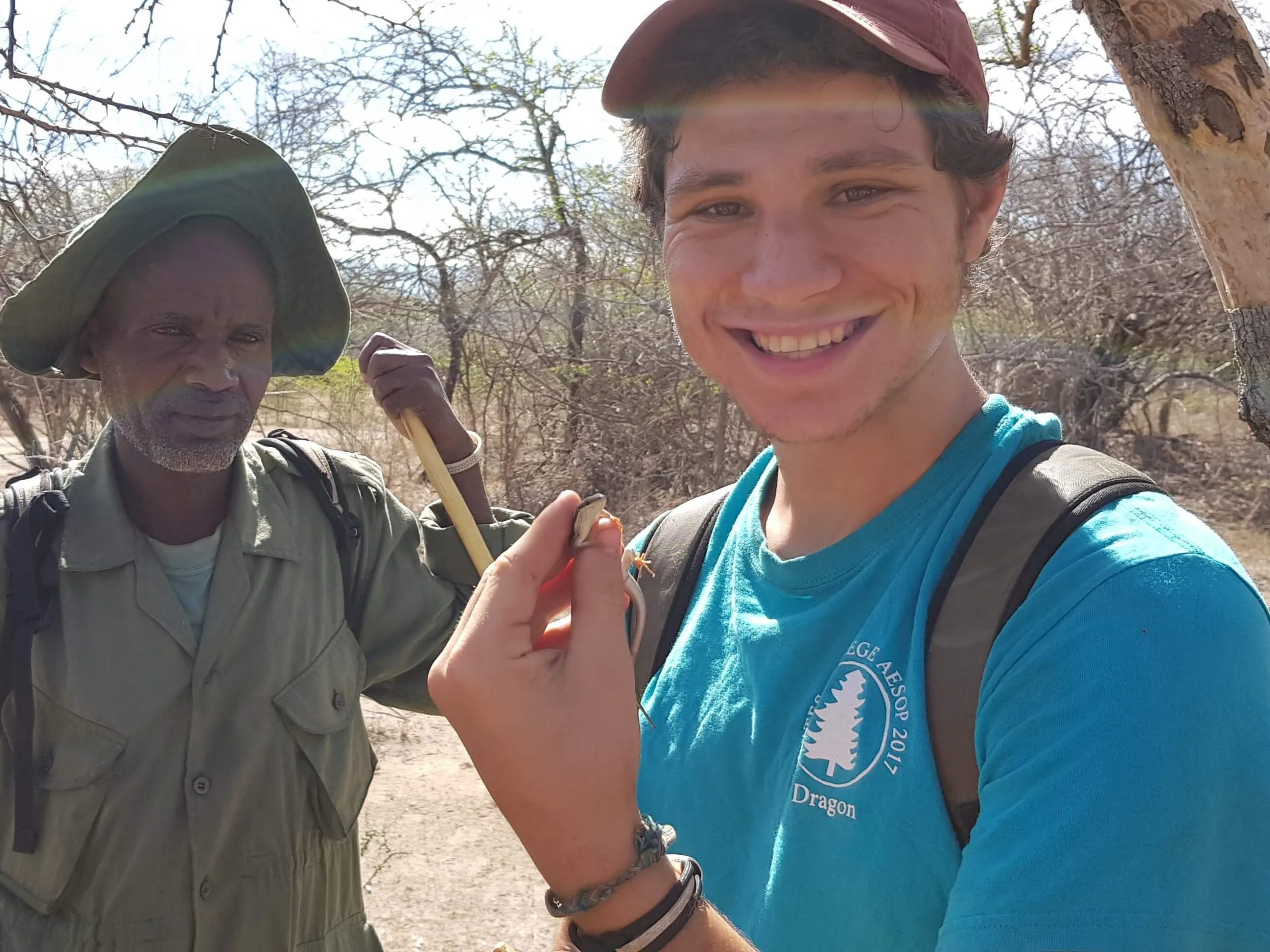
Ben holds a skink
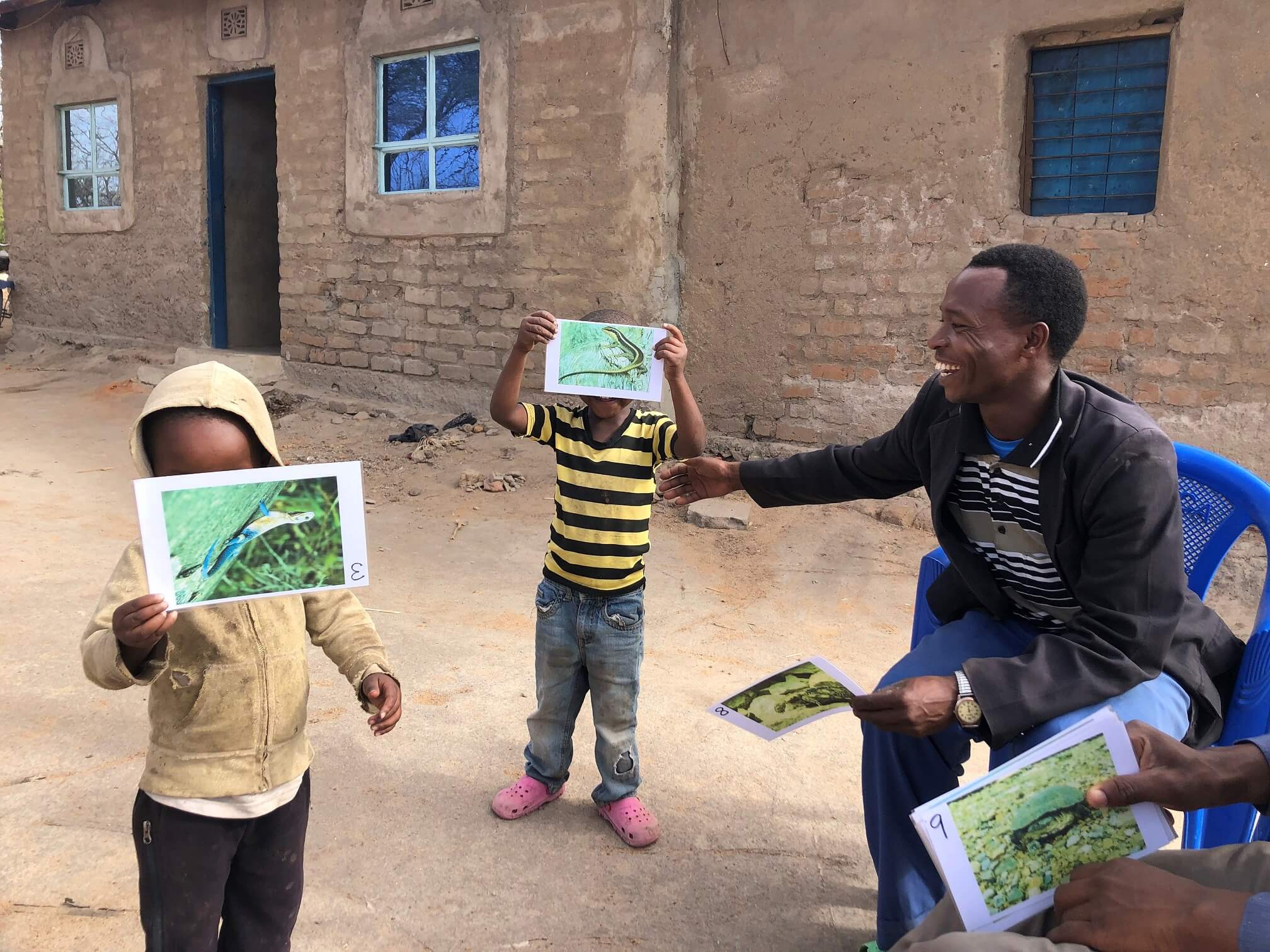
Interviewing local citizen scientists. Photo by Kayleigh Limbach
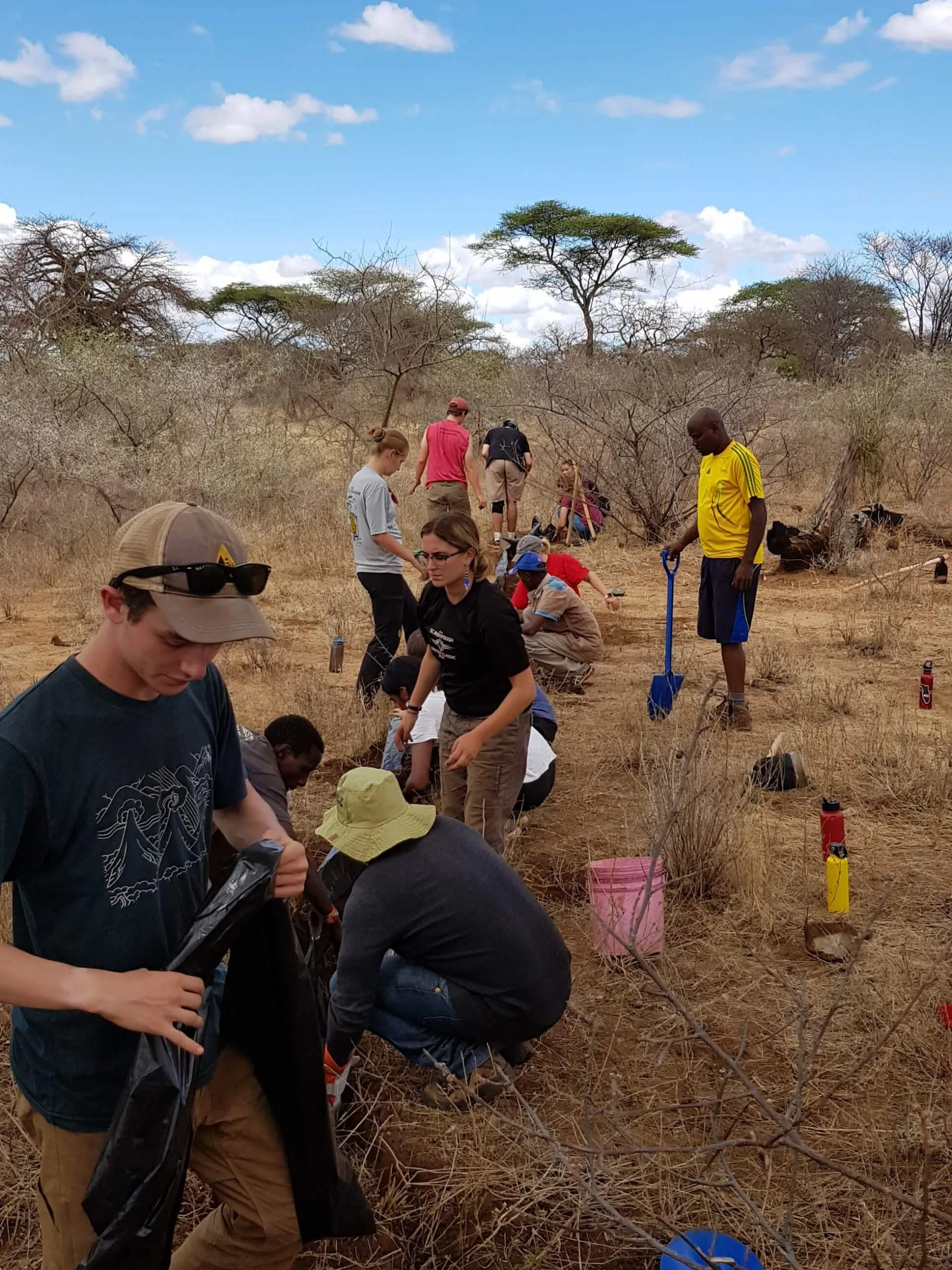
Installing pitfall traps
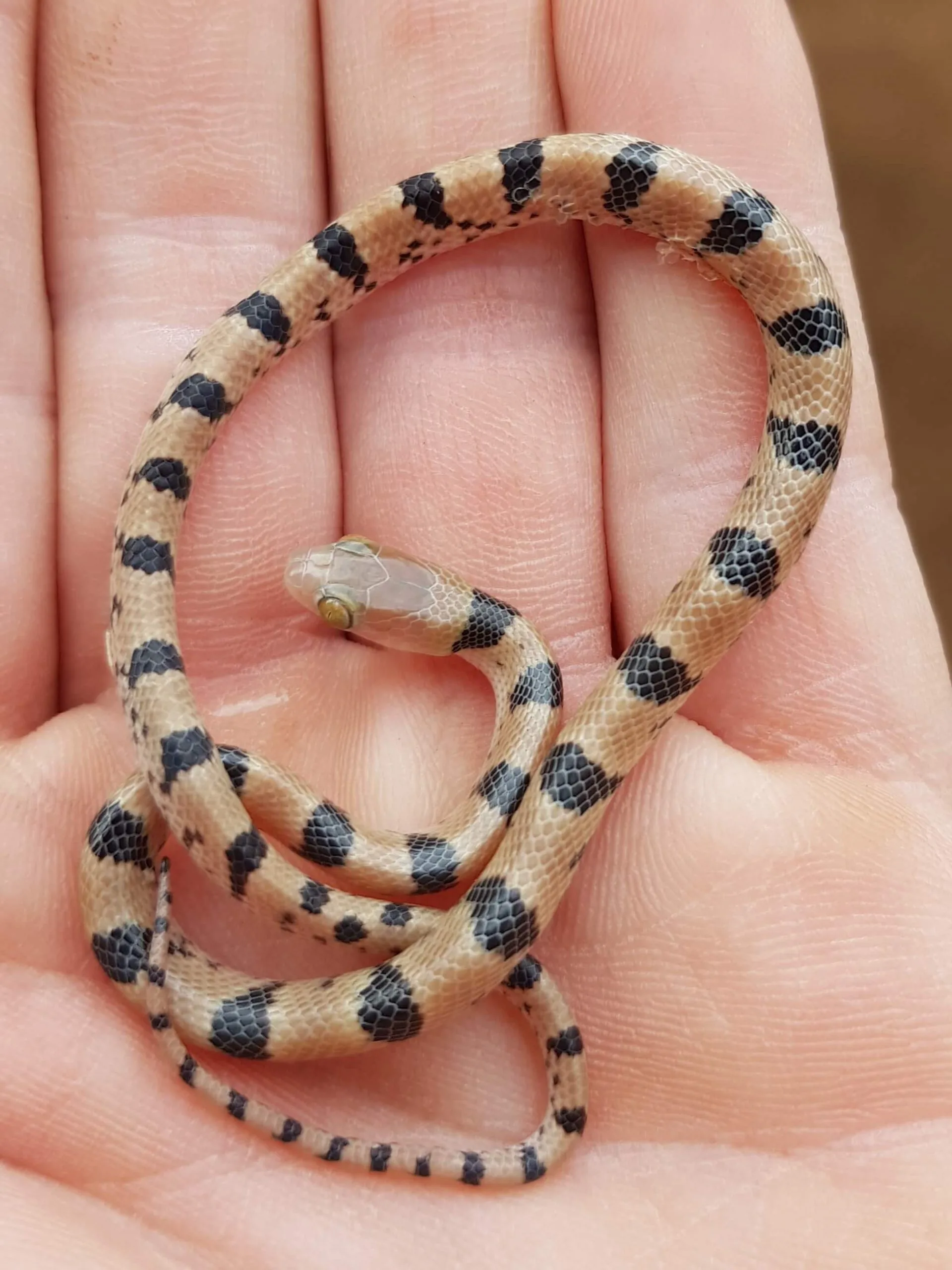
Tiger snake
Back on our CWMS campus in Rhotia, we had a day to recover and to get ready for our last three days of field work at Manyara Ranch, a conservancy that supports livestock and wildlife at the same time. Here, we are sticking our hands into the spiny Acacia trees to study the effect of livestock and wildlife browsing pressure on Acacia-Ant mutualism. This semester, my Directed Research is all about the little things, which also allowed us some interesting and sometimes bizarre side findings such as giant crickets, camel spiders and “honey tubes” (entry tubes to stingless-bee hives).
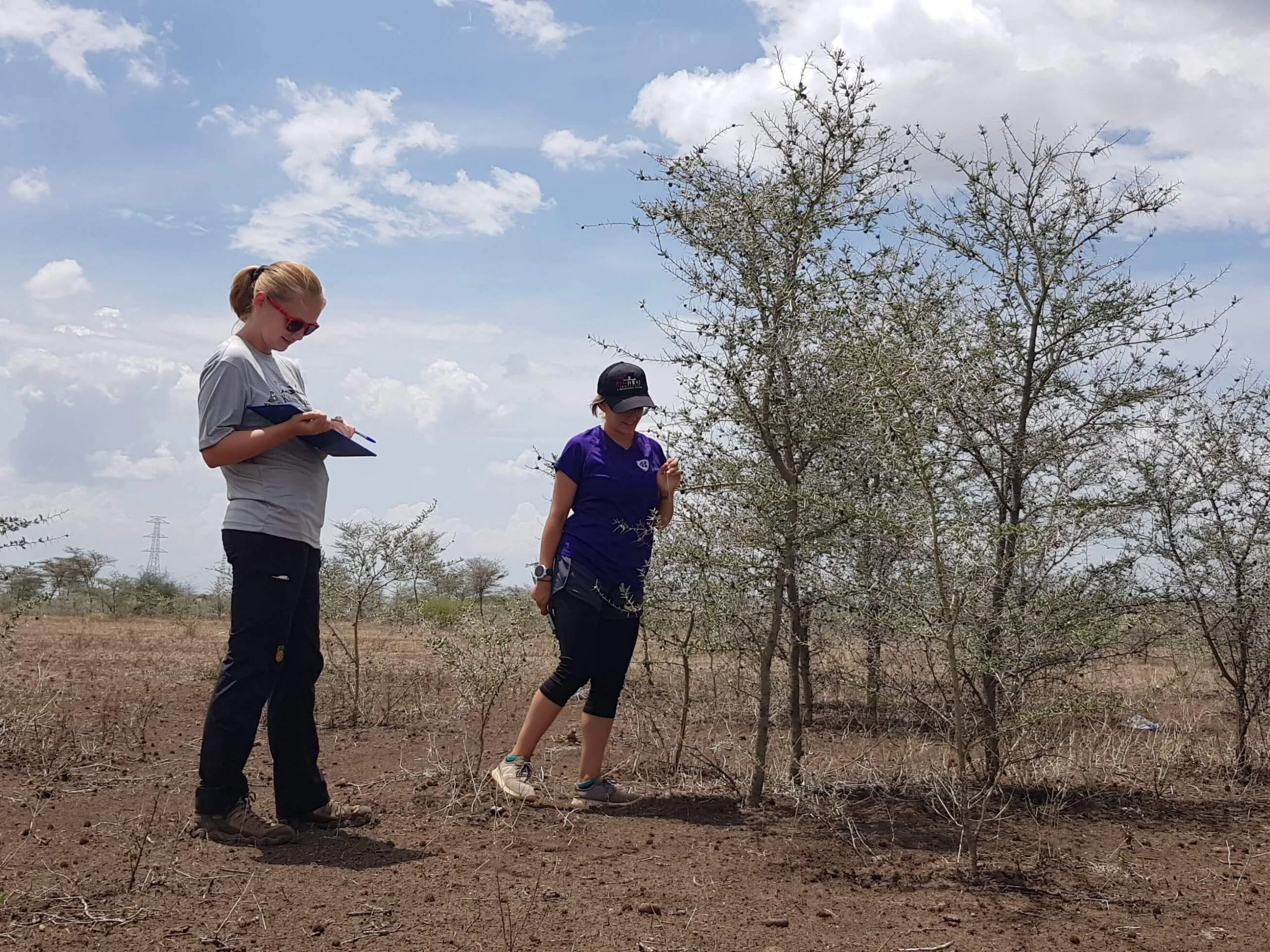
Ant-acacia mutualism
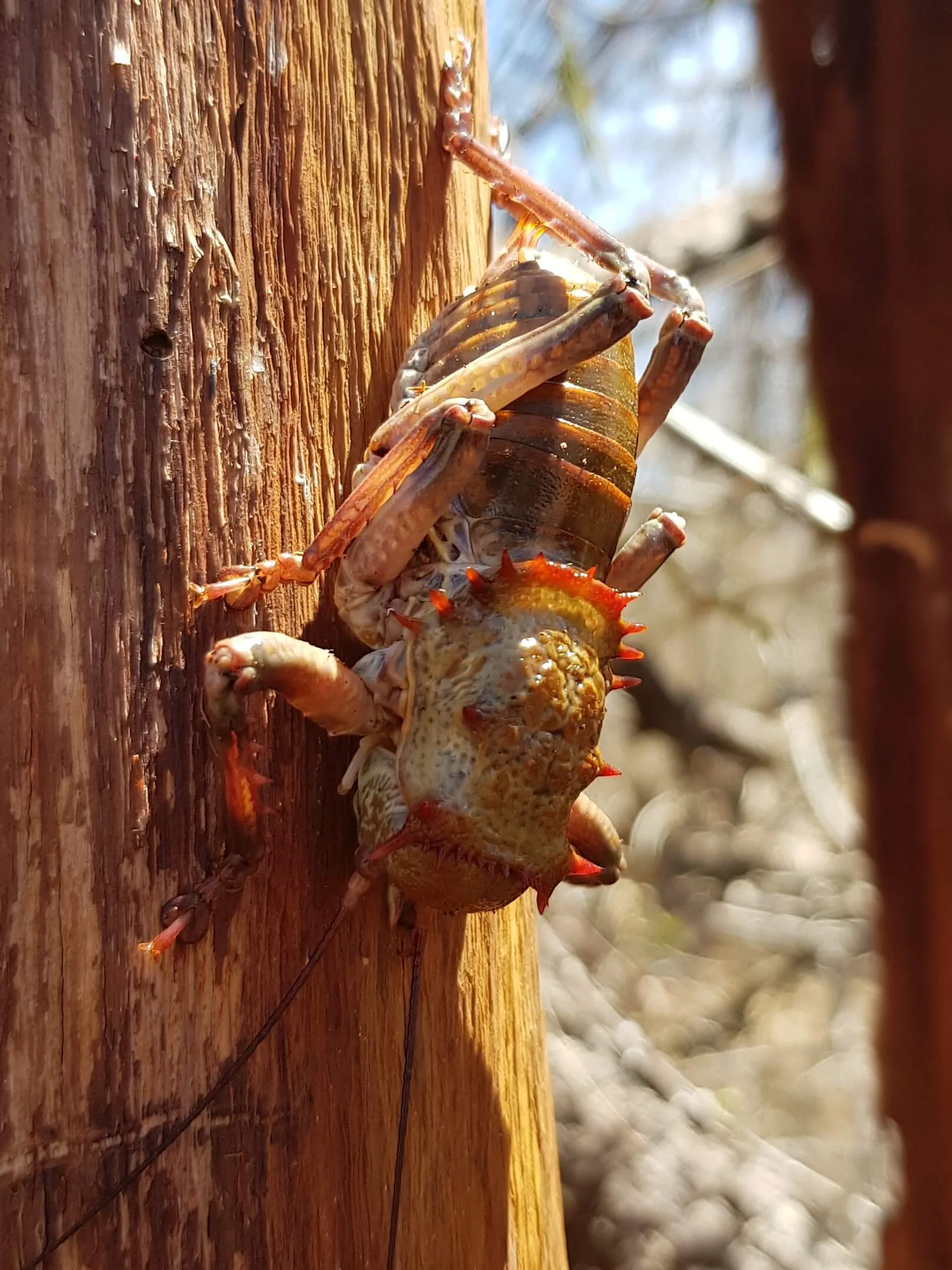
Giant cricket
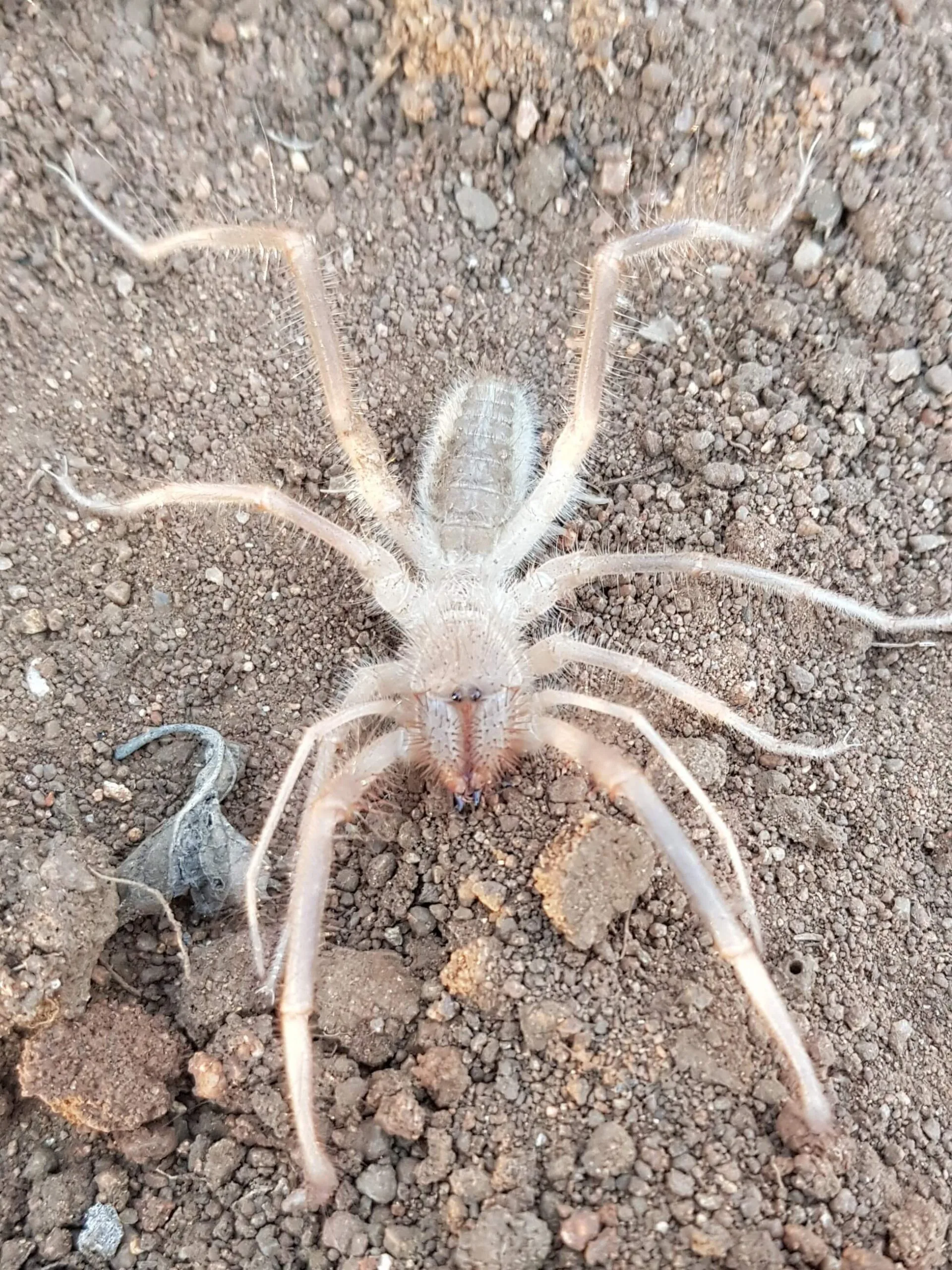
Camel spider
While the students focus on one of these research projects for four weeks and dive deep into their topic, everyone gets the chance to participate in all projects and support their peers to gain experience in different field techniques. And being out in the field, we are always surrounded by all kinds of wildlife – not just the little ones, but also impalas, zebras, hyenas, giraffes and even elephants!
I love field work and with such a great team, it’s simply the best!
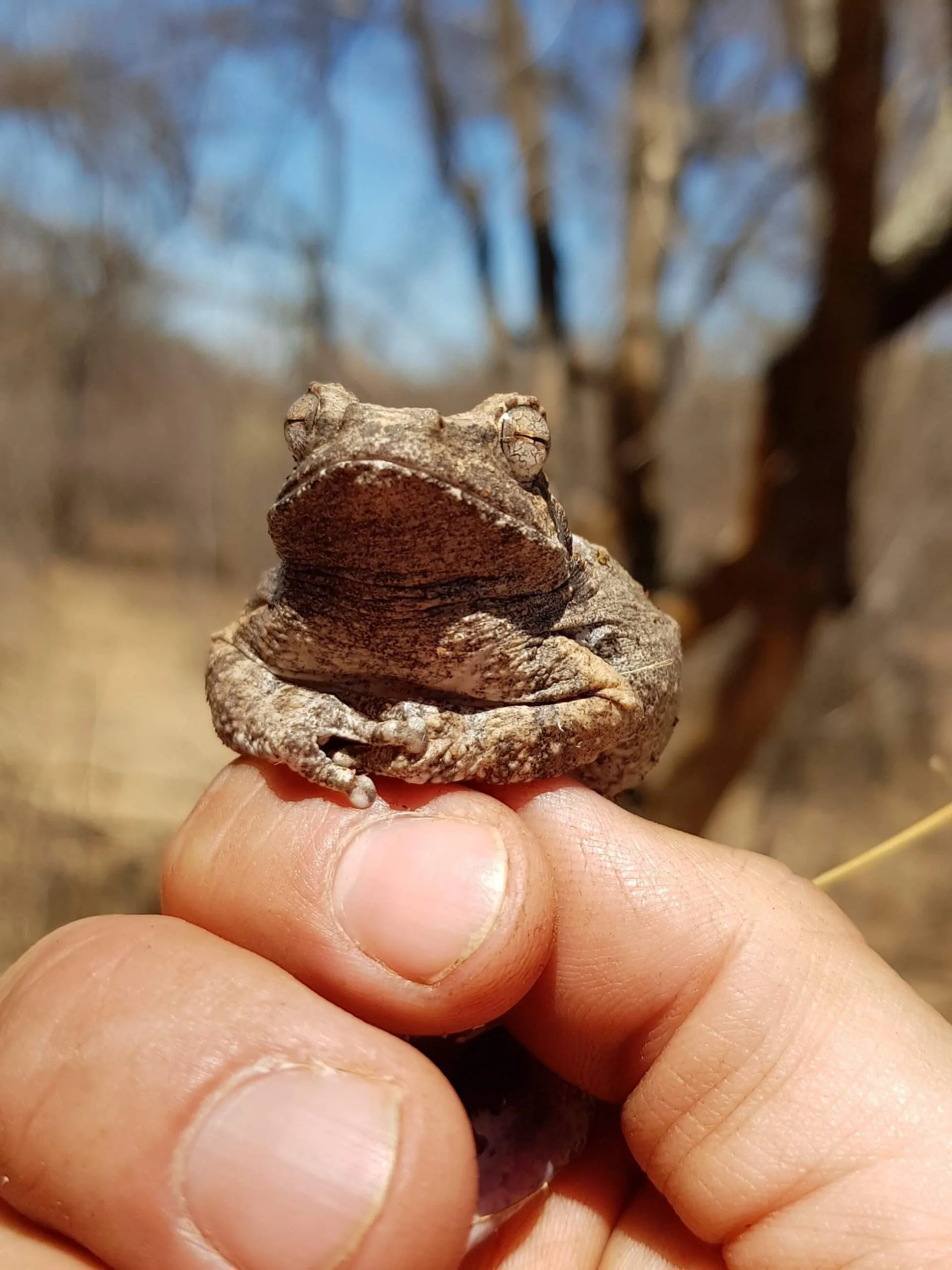
Foam nest frog

Bark snake
Related Posts
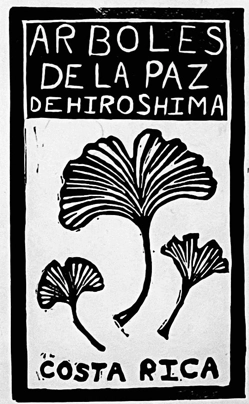
Trees of Peace from Hiroshima: A Time Traveler and Emissary of Hope
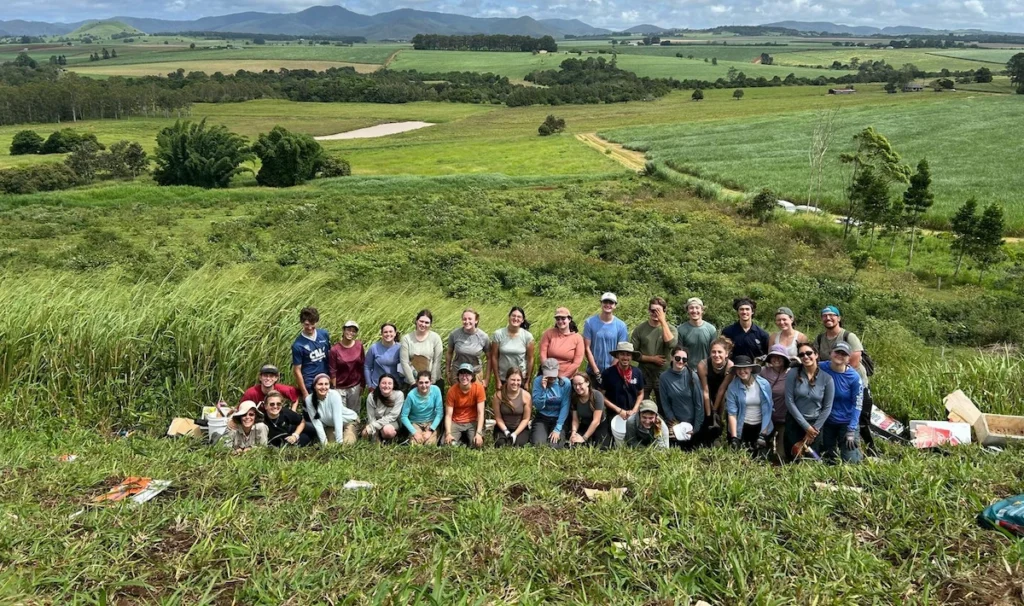
Cinder Cone Chronicles: Lessons from Drought, Data, and Determination
